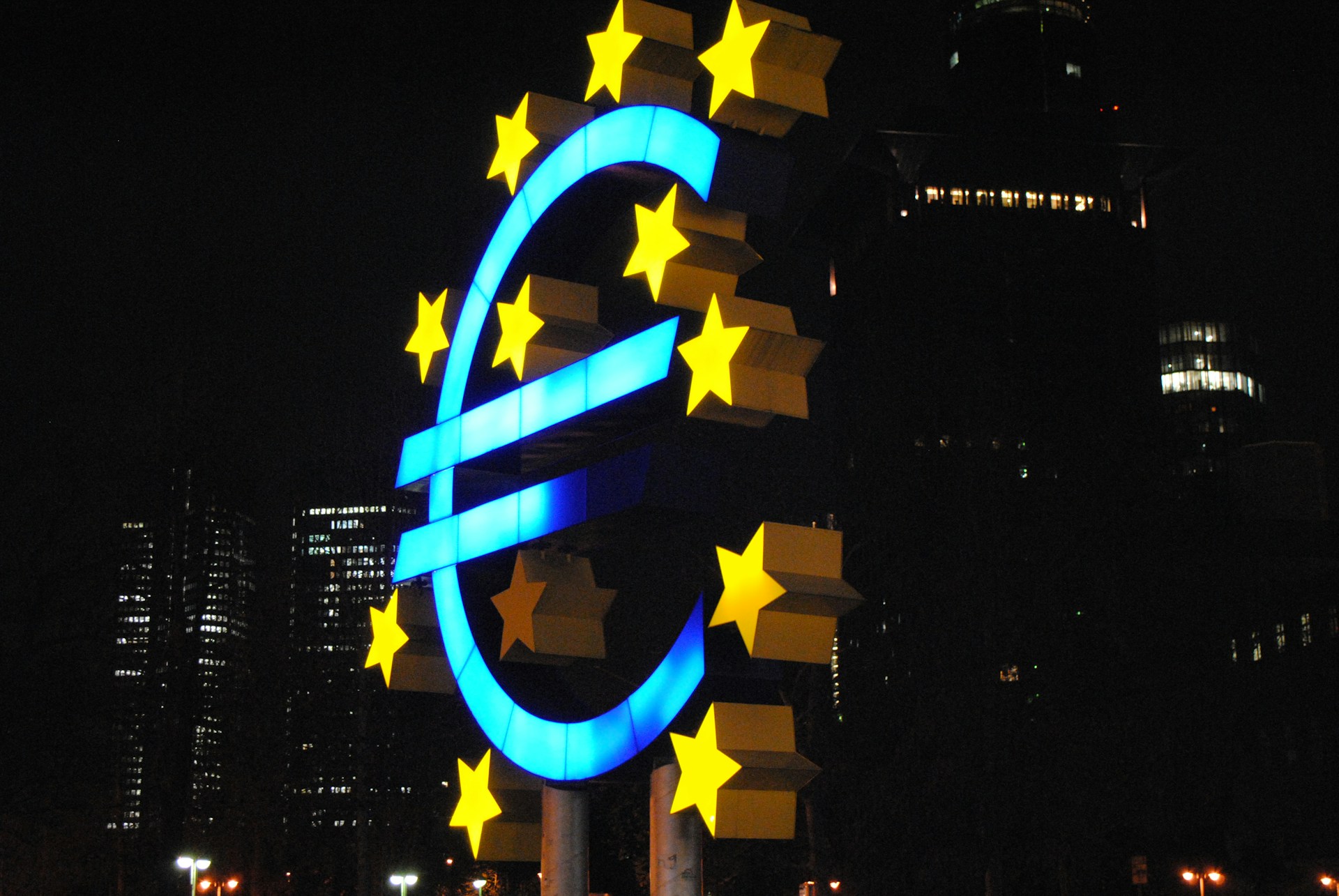The President of the European Central Bank (ECB), Christine Lagarde, has presented a bold vision for the euro, suggesting it could one day rival the US dollar as the world’s dominant reserve currency. However, analysts remain sceptical, arguing that the euro is still far from displacing the greenback, despite current favourable conditions.
Since the beginning of the year, the euro has appreciated by 10% against the dollar — a remarkable rally in currency markets. This rise reflects growing investor unease over the direction of US policy under Donald Trump. The former president’s aggressive stance on trade, which risks triggering a recession, and his plans for tax reform that could further destabilise US public finances, have fuelled doubts about the long-term strength of the dollar and US debt.
In contrast, the euro appears to be gaining momentum. For Lagarde, this is more than a fleeting market trend — she sees it as a historic opportunity. The ECB president believes now is the moment to elevate the euro’s global status and reduce the world’s dependence on the dollar. Still, she acknowledges the scale of the challenge, and many experts go even further, casting doubt on the euro’s ability to assume a leading international role.
During a high-profile speech in Berlin last week, Lagarde referred to the current situation as the “euro’s global moment”. She argued that the shifting international landscape could pave the way for a stronger role for the European currency on the world stage. Her address was a clear call to the EU’s political institutions to push forward with long-overdue reforms that would underpin the euro’s candidacy as a viable alternative to the dollar.
According to Lagarde, three key conditions must be met for the euro to expand its global influence. First, the EU must build a solid geopolitical foundation — this means reaffirming its commitment to open trade and strengthening its military capabilities to reassure international investors. Second, Europe must boost its appeal as an investment destination by creating a deeper, more liquid capital market. And third, the bloc must make progress towards greater political integration and institutional cohesion to ensure it can respond swiftly and decisively to external pressures, such as those currently posed by the United States.
While experts agree that the euro is benefiting from a favourable environment as confidence in the dollar wanes, they warn against overestimating the currency’s potential. Structural weaknesses within the eurozone, including political fragmentation and incomplete financial union, continue to hold it back.
Ultimately, despite Lagarde’s optimistic rhetoric and the euro’s recent surge, analysts maintain that the US dollar’s global dominance remains secure — at least for the foreseeable future. The euro’s road to becoming a true global benchmark will require not only vision, but deep and sustained reform across the European Union.
